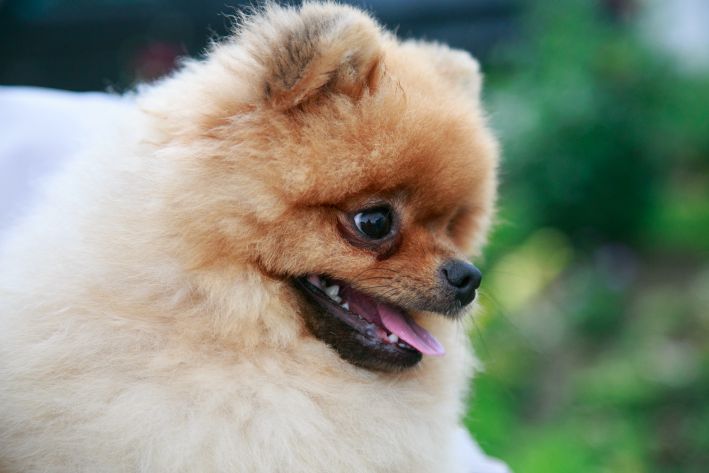A dog's sudden fear of loud noises can become a serious problem for the owner.
This phenomenon, known as acoustophobia, can significantly worsen the quality of life of the pet and its owner .
It is necessary to study the reasons for this condition and ways to help your four-legged friend.

The nature of fear
Fear of loud noises in dogs can develop for a variety of reasons. One of the most common is a negative experience associated with loud noise.
For example, if a dog is once afraid of a thunderstorm or fireworks, this fear may become ingrained and spread to other loud sounds.
Genetic predisposition
Some dog breeds are more prone to developing fears and anxiety.
For example, border collies, German shepherds and Labradors often show increased sensitivity to loud noises. This may be due to their high intelligence and developed ability to perceive the environment.
Age-related changes
As dogs age, they can develop a variety of health problems, including hearing loss.
Paradoxically, partial hearing loss can lead to increased sensitivity to certain sounds and cause fear.
Lack of socialization
Dogs that were not properly socialized as puppies may be more susceptible to developing a variety of fears, including fear of loud noises.
Lack of experience interacting with a variety of sounds and situations can make a dog more susceptible to stress.
Traumatic experience
Sometimes a specific traumatic event can cause fear to develop. For example, if a dog has been in an accident that involved a loud noise, it may begin to associate any similar sounds with danger.
Influence of the owner
The owner's behavior also plays an important role in shaping the dog's reactions.
If the owner is afraid of loud sounds or overly calms the pet when they appear, this can increase the animal's fear.
Medical reasons
Sometimes a fear of loud sounds can be a symptom of more serious health problems.
Thyroid disease, neurological disorders, or chronic pain can make a dog more sensitive and anxious.
How to help a dog
To help your dog overcome his fear of loud sounds, you need to be patient and act consistently.
Create a safe environment for your pet and gradually accustom it to different sounds. You can use desensitization and counter-conditioning techniques for this.
Prevention of fears
To prevent your dog from developing a fear of loud noises, it is important to provide proper socialization from an early age.
Introducing your puppy to a variety of sounds and situations in a positive context will help develop a stable psyche.








